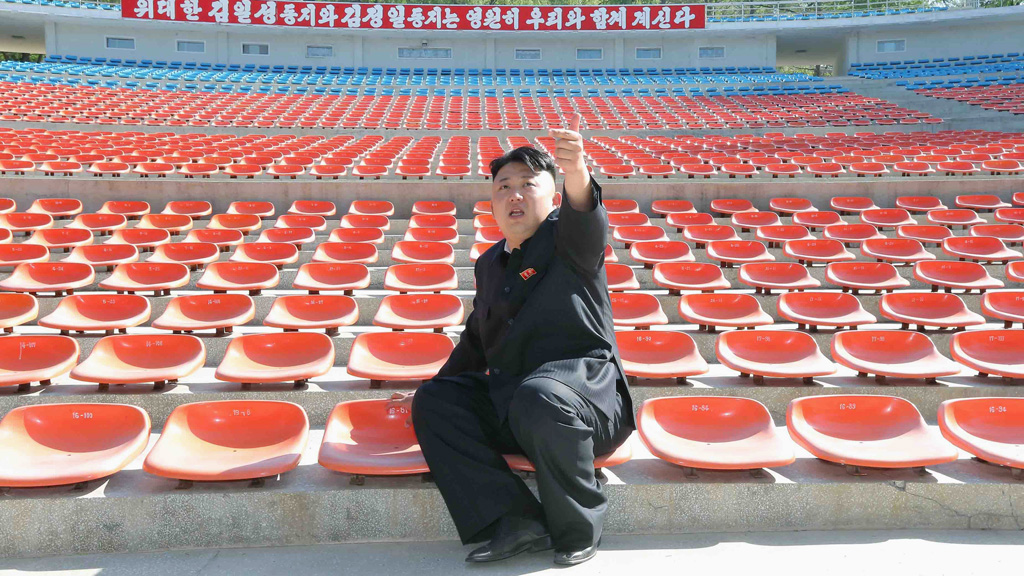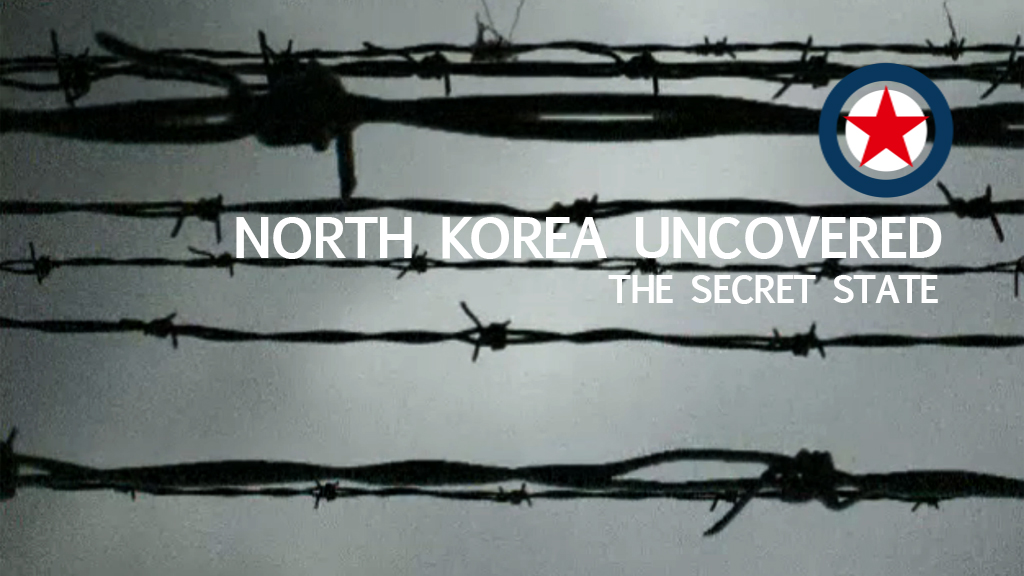Is Kim Jong-un facing a North Korean revolution?
From the outside, Kim Jong-un appears to have cemented his control – but tales from defectors suggest there is more dissent and revolt in North Korea than meets the eye.
We met in Pyongyang over a frosty mug of beer. It was a perfectly sensible thing to do. Hotel food in North Korea is frightening, both to look at and to chew.
The country’s dark-bodied brew is first class, however. Britain can extract a small amount of credit for this. In 2000, the North Koreans bought the Ushers brewery in Trowbridge, Wiltshire. It wasn’t the sort of direct foreign investment that George Osborne’s currently pleading for in China.
It was more a case of direct foreign removal. The North Koreans promptly disassembled and re-constructed Ushers on the outskirts of Pyongyang.
A country without protest?
They’d clearly followed the recipe book because I found ‘Taedong River Beer’ to be an excellent conversation-starter and my guest, a senior international diplomat, duly obliged with his thoughts and impressions of this secretive state.
“North Korea is unique, absolutely unique,” he said with a sort of energised bewilderment. “Do you realise that this is a country without protest?
“There are no opponents – no opposition to this regime. It doesn’t matter where you look.”
The ruling Kim family are certainly a durable bunch. They’ve been in power since the country’s foundation in 1948.
The latest member of the firm, Kim Jong-un, seems to be living up to the family legacy – most commentators and analysts think that the twentysomething has cemented his control over the country – two years after his father, Kim Jong-il, died of a heart attack.
This achievement, if that’s the right way to describe it, would be all the more remarkable if you consider the regime’s abject failure to provide for their citizenry’s basic needs. In a region where living standards are rising dramatically, North Koreans are increasingly poor, hungry and isolated.
‘Breaking point’
Still, Kim Jong-un and his closest advisers may not exert total control over the state. In fact, they may not be able to count on the obedience of North Koreans.
On a recent trip to Seoul, in South Korea, we spoke to a number of recent defectors – people who have escaped from North Korea – and they told us that acts of dissent and rebellion take place more frequently than the experts and the analysts think.
Kim Kwang Ho (not his real name) says he was a high-ranking official in North Korea for more than 25 years. He worked as an administrator in country’s “central governing organ” and claims that discontent amongst senior officials was rife.
“Anger and unhappiness have been accumulating for a long time. We are human beings, and I tell you the breaking point is imminent. (The regime) is going to explode.”
The former official said high-ranking party members in Pyongyang were infuriated by Kim Jong-il’s decision to make his youngest son, Kim Jong-un, the country’s next ruler.
Moves to burnish his credentials – by appointing him a four-star general, for example – made matters worse, said our interviewee. Everybody knew Kim Jong-un had no military training: “The political elites, who have long served the country, as well as those who have worked for government agencies for decades, felt it was an insult.
“It was an unbearable humiliation and now certain people are determined to terminate his inheritance. These people hold a strong will.”
Protest on the streets
Such assertions must be treated with caution. There has been plenty of speculation about plots and coups over the years. Kim Jong-il is said to have survived an assassination attempt on his train in 2004. But supporting evidence has always been hard to come by.
Still, Mr Kim told me about a daring anti-corruption protest on the streets of Pyongyang, in 2010: “It was to show Kim Jong-il that some of his men had violated a simple norm. About 1,000 people joined in. They went right up to party headquarters. Kim Jong-il was angry and ordered their arrest.”
If true, this protest could have cost the participants their lives, but Mr Kim said they were backed by senior figures in the regime and released three days later.
More from North Korea: Uncovered
Regardless, steps were taken to make sure it didn’t happen again: “Immediately after the incident, the regime formed a special police task force of 5,000. Now it’s fully equipped with riot suppression gear made in Germany. I know – I tested it,” said Mr Kim.
Our interviewee outlined another source of frustration within the top ranks. Senior officials are not allowed to travel, he said, but their awareness about the outside world is growing rapidly.
Mr Kim said he could get himself a Bond film any time he liked for example. “High-ranking party members crave the freedom of boarding a plane and traveling to exotic lands. Especially the people in Pyongyang who have been exposed to the outside world via DVDs and USBs,” he explained.
‘Let’s get rid’
Dissatisfaction with the regime is not limited to top officials, however. We heard about another act of protest in the northern city of Chongjin from a recent defector who called herself Hanna.
“In July of 2010, someone made a banner and posted it on the wall of the stadium in Chongjin. It said, “Let’s get rid of the Kim Jong-il”. The government was furious. They checked people’s handwriting in the city for a month. But they never caught the person who did it.”
It is extremely difficult to verify these accounts of life – and dissent – inside North Korea. It is, after all, the most secretive nation on earth.
But civil rights groups said our interviewees have provided insight and context in a dim and poorly understood world.
The final world goes to Phil Robertson from Human Rights Watch: “(Kim Jong-un) has obviously created some resentments. This is a young guy, in a culture that values age and experience – and he has neither.”
Follow @c4sparks on Twitter

